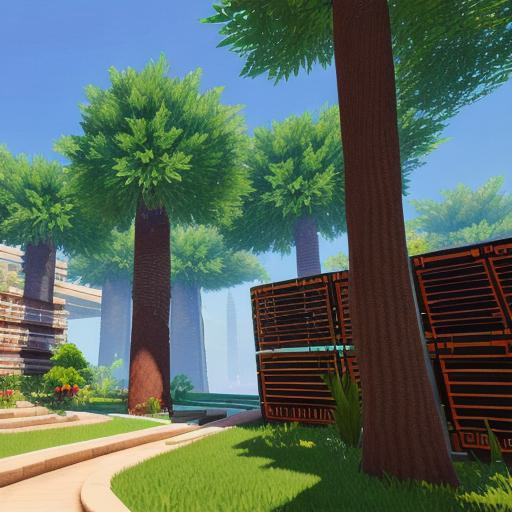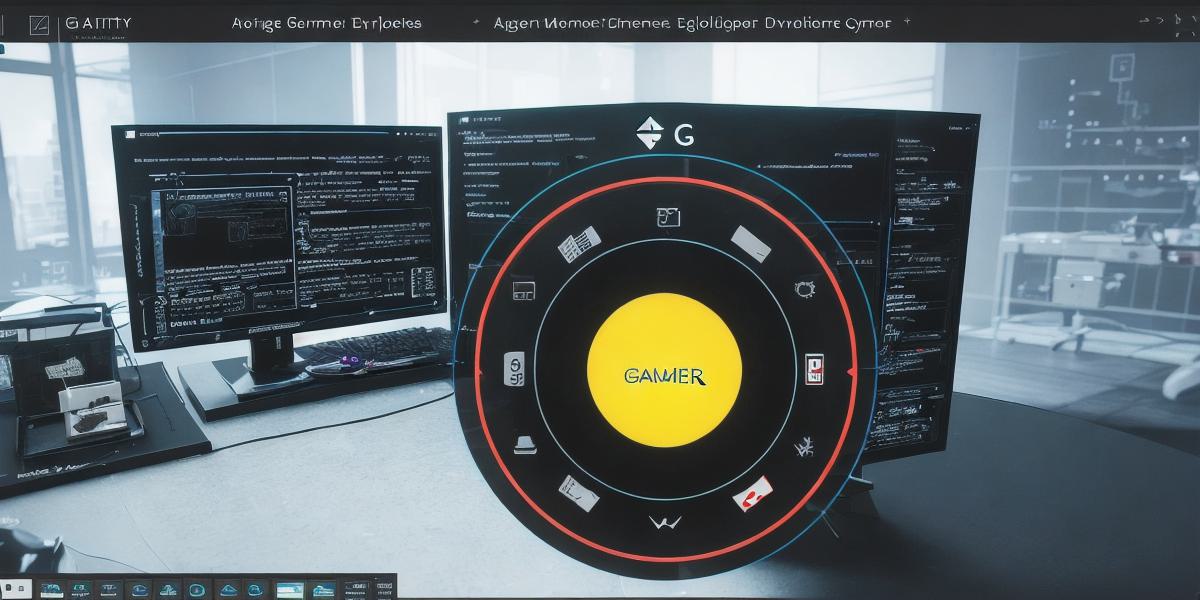In recent years, game development has evolved significantly. With advancements in technology, game developers are now able to create highly immersive and interactive experiences that engage players on a deeper level. One of the key technologies that have enabled this evolution is the Entity Component System (ECS).
The ECS is a powerful tool for game developers that allows them to create highly modular and scalable games. It is based on the concept of separating the game world into smaller, more manageable pieces called entities. These entities are then combined with components, which provide additional functionality and behavior. This approach makes it possible for game developers to easily modify and extend their games without having to rewrite large portions of code.
In this article, we will explore the benefits of using ECS in game development. We will discuss its key features and how they can be used to create more engaging and immersive games. We will also provide real-life examples of games that have successfully implemented ECS and the impact it has had on their development process.
What is Entity Component System (ECS)?
The Entity Component System (ECS) is a programming paradigm for game development that allows developers to create highly modular and scalable games. It is based on the concept of separating the game world into smaller, more manageable pieces called entities. These entities are then combined with components, which provide additional functionality and behavior.
The key benefit of ECS is its ability to make game development more efficient and modular. By breaking down the game world into smaller, more manageable pieces, developers can easily modify and extend their games without having to rewrite large portions of code. This approach also makes it possible to scale games more easily, as new entities and components can be added or removed as needed.
Key Features of Entity Component System (ECS)
There are several key features of the Entity Component System that make it an attractive option for game developers. These include:
Modularity
The ECS approach is highly modular, which makes it easy to modify and extend games without having to rewrite large portions of code. This allows developers to focus on specific parts of the game, such as adding new enemies or implementing a new feature, without having to worry about how it will impact other parts of the game.
Scalability
The ECS approach is also highly scalable, which means that games can be easily expanded or contracted as needed. This makes it possible to create games that are both large and complex, as well as those that are more simple and streamlined.
Performance
The ECS approach can provide significant performance benefits, particularly when dealing with large and complex game worlds. By breaking down the game world into smaller, more manageable pieces, developers can reduce the amount of memory and processing power required to run the game. This can result in smoother gameplay and faster load times.
Flexibility
The ECS approach is highly flexible, which means that it can be used in a wide range of game development scenarios. Whether you are developing a simple 2D platformer or a complex open-world adventure, the ECS approach can provide the tools and framework you need to create an engaging and immersive experience.
Benefits of Using Entity Component System (ECS) in Game Development
There are several benefits to using the Entity Component System in game development. These include:
Improved
Modularity
By separating the game world into smaller, more manageable pieces called entities, developers can easily modify and extend their games without having to rewrite large portions of code. This approach makes it possible to focus on specific parts of the game, such as adding new enemies or implementing a new feature, without having to worry about how it will impact other parts of the game.

Enhanced
Scalability
The ECS approach is highly scalable, which means that games can be easily expanded or contracted as needed. This makes it possible to create games that are both large and complex, as well as those that are more simple and streamlined.
Improved
Performance
By breaking down the game world into smaller, more manageable pieces, developers can reduce the amount of memory and processing power required to run the game. This can result in smoother gameplay and faster load times, particularly when dealing with large and complex game worlds.
